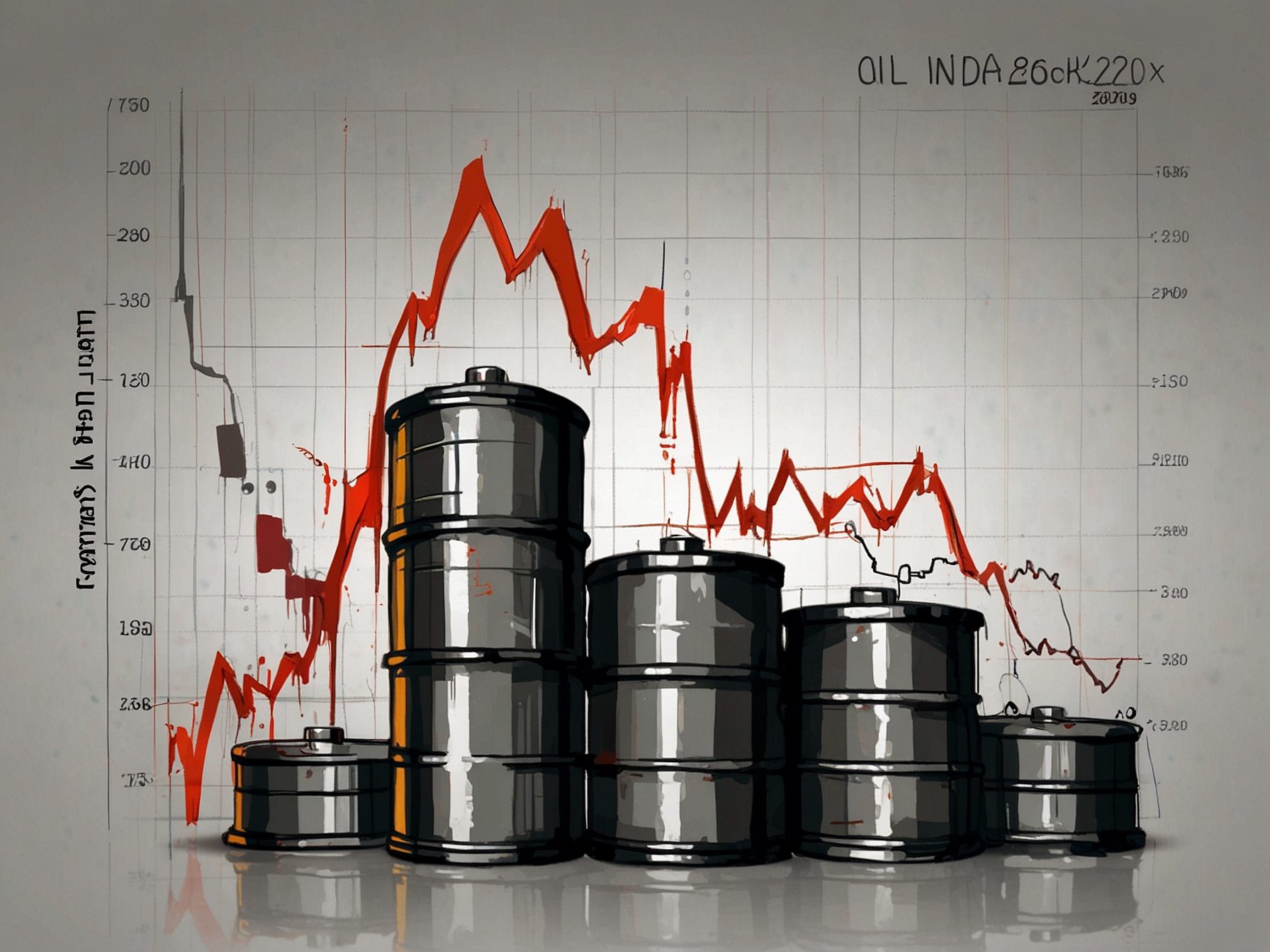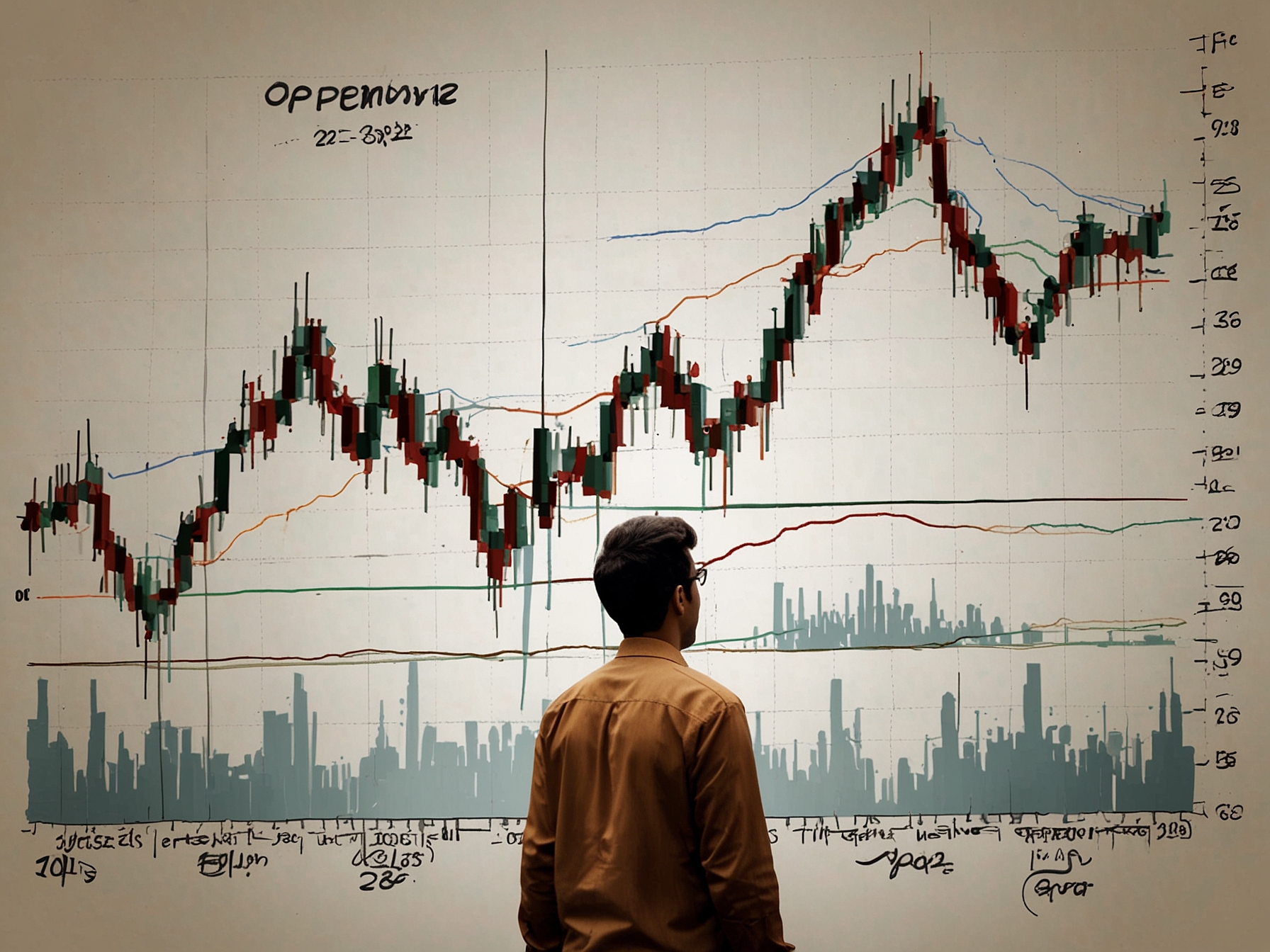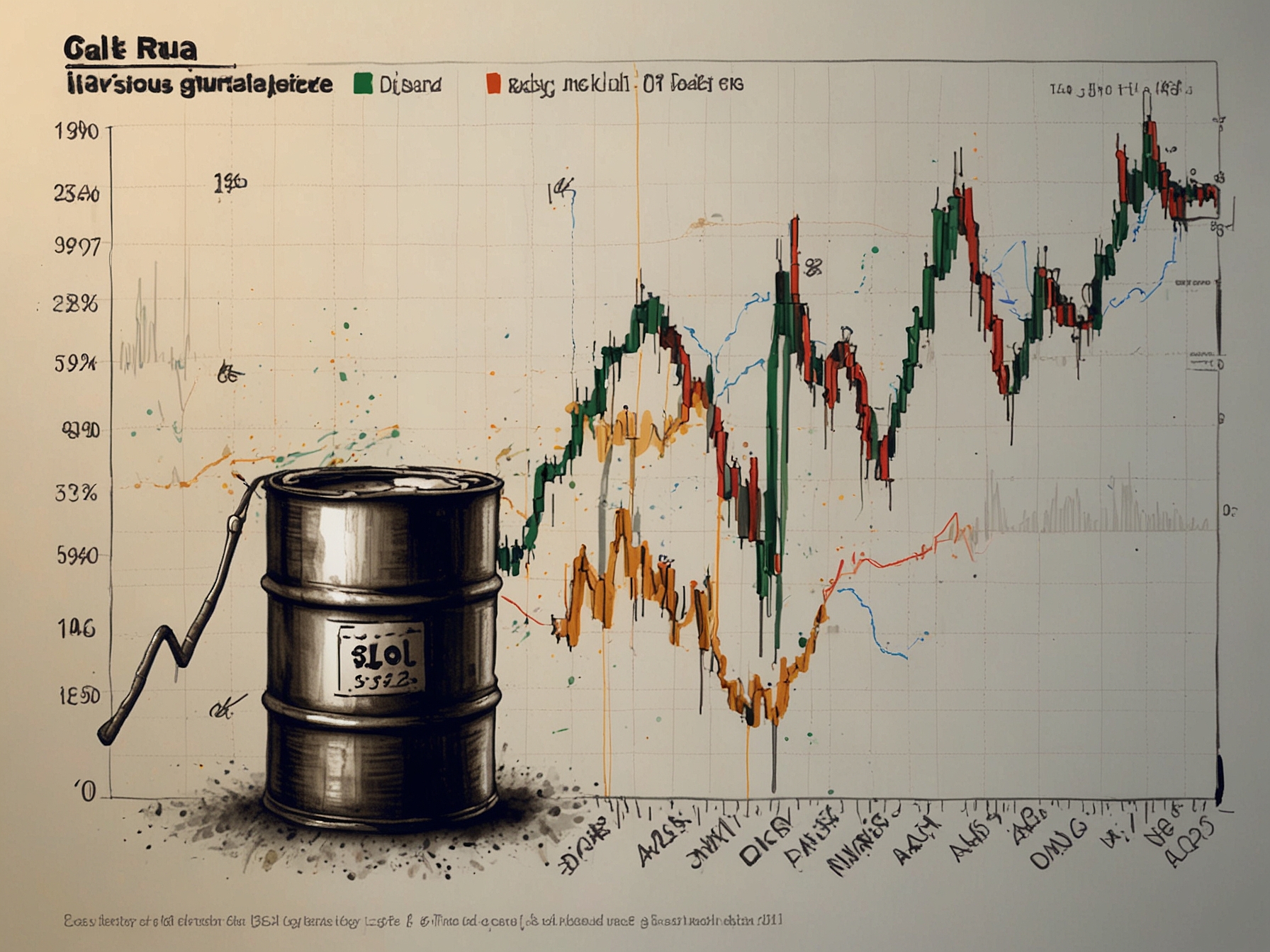Understanding the Current Situation
Oil India has taken a noticeable dip today, with shares dropping by 3%. Currently, the price stands at Rs 474.0. This slide is part of a larger narrative in the BSE OIL & GAS index, which is down 0.4%. The market can be a turbulent sea. Why do some stocks float while others sink?
Also read
- What Lies Ahead for Nifty 50 and Sensex on December 5?
- Major Delays on Delhi Metro’s Blue Line: What You Need to Know
Investors often look for patterns. Today, alongside Oil India, IOC and ADANI TOTAL GAS have also faced declines, each dropping 1.2%. This paints a revealing picture of the oil sector’s health. Could these drops indicate something deeper affecting the industry as a whole? It’s a question worth pondering.
The Gainers and Losers

Interestingly, it’s not all doom and gloom. Indraprastha Gas stands out with a gain of 2.3%. Meanwhile, GAIL follows closely, up 0.9%. What’s their secret sauce? Perhaps they’re adapting well to current market conditions, while others struggle. It’s fascinating how market dynamics can shift so quickly!
Looking back over the past year, Oil India has experienced significant growth. One year ago, it traded at Rs 218.8. Fast forward to now, and it’s increased by 116.6%. This kind of surge can keep investors hopeful, even amidst a bad day. But can that long-term growth overcome short-term fluctuations?
The Bigger Picture of the BSE OIL & GAS Index
The BSE OIL & GAS index has not gone unnoticed, growing from 21,423.4 to 27,016.6—a jump of 26.1%. This could be a sign of resilience. Stocks like Petronet LNG, up 64.2%, and HPCL, enjoying a 53.7% rise, showcase how some companies thrive. Can these performances help buoy others in the industry?
What’s Cooking with Benchmark Indices?

In a broader context, the BSE Sensex stands slightly lower today, at 80,837.0. With top losers like NTPC and JSW Steel each down 1.5%, one must ask: does a downturn in the oil sector signal larger economic concerns? Investors might begin weighing their decisions cautiously. Traders often look for indicators, especially during times of uncertainty.
Over the last year, the Sensex gained 17.4%, which is quite an achievement. Yet, with small dips, one can feel the anxiety in the air, like a storm cloud brewing. It’s a reminder that even solid performances aren’t immune to fluctuations.
Oil India’s Financial Snapshot
When diving into Oil India’s finances, the net profit surged by 165.4% year-on-year to Rs 18,432 million. Yet there’s a twist: net sales fell by 7.7%. How do you reconcile fast profits with declining sales? It’s a puzzling situation that investors need to analyze closely. These contrasting figures create a narrative. Can the significant profit in one area mask problems in another?

Looking at the year ending March 2024, Oil India’s net profit fell by 29.2% compared to the previous year. What does this mean for its future? This decline poses challenges for a company once riding high. The revenue drop of 8.1% only deepens concerns.
The Price to Earnings Dilemma
Now, focusing on the Price to Earnings (P/E) ratio, which stands at 9.3. It invites questions. Is this low ratio indicative of an undervalued stock? Or does it suggest that investors should be wary? For savvy investors, understanding these metrics is vital. Whether you choose bullish or bearish strategies could depend greatly on such numbers.
As we piece together this complex jigsaw puzzle, one thing becomes clear: the stock market is a living, breathing entity. As opportunities ebb and flow, it’s essential to stay informed. Every rise and fall come with stories, and every stock tells a tale. For investors, this is just part of the larger dance of market dynamics.




